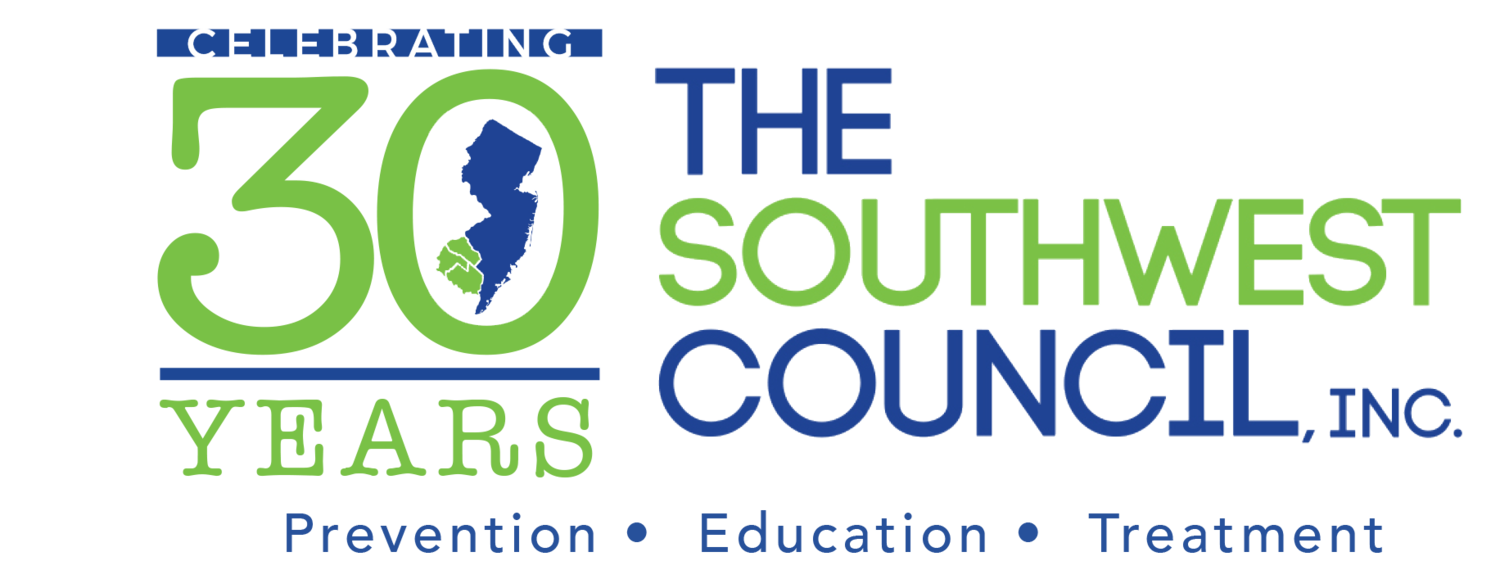by: Adrienne Davis
How did you deal with pain when you were a child? Whether it was the physical pain of scraping your knee, or the emotional pain of not getting something you desired, everyone has their own way of reacting. Some people immediately cried; others looked to their mom or dad for comfort; and some people brushed off those feelings to move on to something else. These behaviors might be the actions of children, but we carry some of these behaviors into our teenage and adult years. Despite having different backgrounds, upbringings, education, friends, or family, we all have our own ways of coping.
Coping is simply the act of dealing with our feelings, problems, or responsibilities. The average person has both internal and external factors that they must cope with on a daily basis. External issues such as work, marriage, family, substance abuse, interpersonal relationships, or environment can have a significant impact on our day-to-day mental health. Internal stressors such as depression, anxiety, low self-esteem, or negativity only compound a person’s everyday problems and responsibilities. All of these issues and feelings could, potentially, be overwhelming. However, whether we realize it or not, we all have both healthy and unhealthy ways of dealing with these external and internal situations.
Being able to face the worst part of ourselves, or the horrific circumstances we can find ourselves in, can feel like an insurmountable task. Instead of confronting these challenges head on, sometimes escapism or self-sabotage appears to be the easiest option. This is when unhealthy coping skills become a pattern of our everyday lives. Unhealthy coping is when we latch on to something that feels gratifying in the short-term but can have negative long-term consequences. Overeating, oversleeping, procrastination, lashing out, self-harm, or substance abuse are all examples of unhealthy coping. Unhealthy coping can range from grabbing late-night fast food after a stressful day to abusing alcohol as a way of numbing emotions. Often our unhealthy ways of coping can become a larger part of the problem we were looking to escape from in the first place.
Luckily, there is always an optimistic alternative. Healthy coping skills are short-term strategies that can have positive long-term consequences. Choices for healthy coping skills are diverse and plentiful. Arguably, the best part of healthy coping is that it can be tailored to the needs and personality of the individual. Exercise, meditation, journal writing, reading, laughing, spending time with friends, or playing with a pet are a just a few examples of positive, healthy coping. While it may take time to problem-solve or confront our stressors head-on, there are many beneficial strategies we can utilize in an effort to not be overwhelmed.
One of the most advantageous coping skills is the ability to ask for help. Asking for help can be a difficult step to take for some. However, whether dealing with a hectic workday or the struggles of substance abuse there are resources available when an individual chooses to take that step. Seeking the help from a licensed counselor can assist with stress, anger, or depression. For substance abuse resources and counseling, the Southwest Council is an available option for Cumberland, Gloucester, and Salem County. https://www.southwestcouncil.org/ 856-794-1011.





